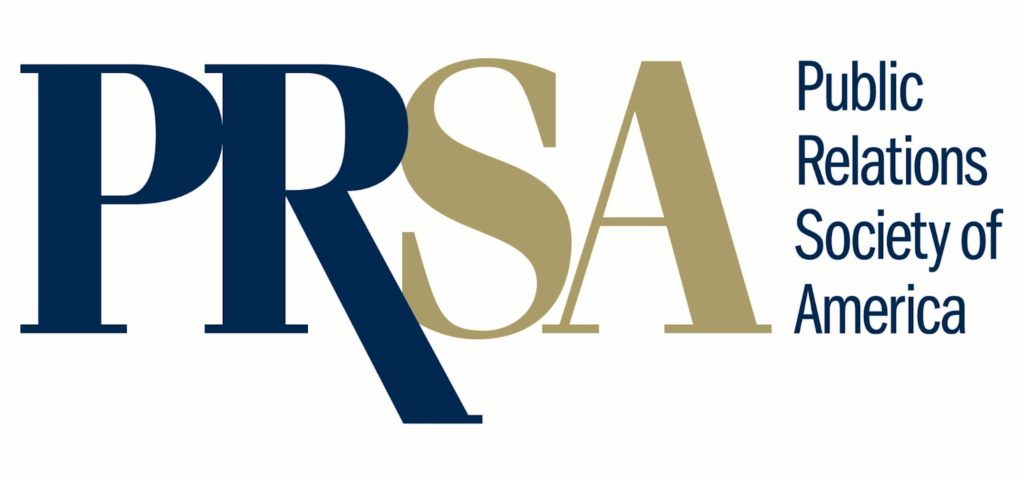The Hated PR Pro: How to Avoid Becoming One
A. The Importance of Ethics in Public Relations
Flacks or “spin doctors” are just a couple of the slurs being thrown at Public Relations professionals. And sometimes, we can’t blame people.
That’s because some PR pros hawk their skill like guns-for-hire who will do anything for love of money including distort or hide the truth. It’s a disservice to call them PR pros at all and the term propagandist is more proper.
I wish this was just a case of a few rotten apples spoiling the whole basket. But it’s not. Agencies, big and small, have been caught trying to deal with sleight of hands.
Weber Shandwick, Bell Potinger, Hill and Knowlton, and Edelman all got caught lying.

Spin doctors destroy the hard work that honest PR practitioners have built up.
Movies and TV don’t help in how they portray PR persons as smiling two-faced exploiters.
Sadly, when these flacks succeed in whatever nefarious purpose they have, it will mean the exploitation of people and resources by their clients. Such PR experts are engaged by corrupt politicians, suspect companies, and evil regimes.
Its no wonder that in a world flooded with fake news, people are starting to lose faith in traditional sources of facts and information. They opt instead to soak up social media content from creators who are accountable to no one. These content creators wear their biases and prejudices on their sleeves..
These “miscommunication” experts fiddle and play with public perception under the guise of journalism. We end up with a cacophony of innuendos blurted out by people with undesirable agendas.
“Society is then unable to effectively respond to social, environmental and political challenges” (Shannon Bowen, IPR). Because how do you respond to people who are shut off from reality like the flat earthers and the Dutertards.
The only way to fight this is for PR pros not to sell out and adhere to standards of ethics and transparency in Public Relations. But is that possible? Is Public Relations ethics an oxymoron?
B. Ethical Dilemmas that PR Professionals may Encounter in their Work

Let’s talk about the common ethical dilemmas that PR professionals may encounter in their line of work. Of all the issues we have encountered throughout my years as a PR professional, we can group the concerns into three:
-
- Conflicts of interest – This is the most common one. It happens when a PR person handles two clients with opposing interests. Sometimes a government project and an NGO with opposing views are handled by the same greedy PR pros and agencies. It doesn’t even have to be the PR experts, it could be a loved one or friends that have strings attached to a client.

-
- Dishonesty – Just outright malicious intent. Distributing false and misleading information. Under the guise of a crisis management or communications campaign. Both PR pros and clients conspire to mislead the public and regulators about the dangers and defects of certain products. Just look at any election period in any country for an example of a dishonest PR campaign.
-
- Manipulation of information – Sometimes, information just needs to be massaged and misdirected, especially when it is already out there. People need someone to blame for unfortunate events so that flacks just point them in the wrong direction.
These misinformation campaigns are done with press releases, media interviews, social media accounts, paid ads, websites. The “miscommunication” experts act as the originator, instigator, and manipulator.

Sadly, the power of digital technology has put these types of operations into steroids. The reach, frequency and engagement of people have increased exponentially while making it more cost effective.
C. Key Principles and Values that Guide Ethical Behavior in Public Relations

The Public Relations Society of America lists the following as their statement of professional values.
Advocacy – serving the public
Honesty – adhering to accuracy and truth
Expertise – acquiring and using specialized knowledge and experience
Independence – objective counsel and accountability
Loyalty – faithful to clients and public interest
Fairness – dealing fairly with everyone

The Global Alliance for PR and Communications have the Global Principles of Ethics and Principles of Professional Practice
1. Global Principles of Ethics
2. Working in the public interest
3. Obeying laws and respect diversity and local customs
4. Freedom of speech
5. Freedom of assembly
6. Freedom of media
7. Honesty, truth and fact-based communication
8. Integrity
9. Transparency and disclosure
10. Privacy
Principles of Professional Practice
1. Commitment to continuous learning and training
2. Avoiding conflict of interest
3. Advocating for the profession
4. Respect and fairness in dealing with publics
5. Expertise without guarantee of results beyond capacity
6. Behaviors that enhance the profession
7. Professional conduct
So far so good, right? You can visit these websites to know more but most of these values and principles are self-explanatory.
D. Understanding and Applying Ethical Principles in the PR Practice

The list of values and principles we provided above comes down to mere suggestions, unfortunately, for most PR agencies and practitioners. The organizations that advocate these have no legal way to enforce, monitor and penalize erring members, much less non-members.
PR is a neither regulated nor licensed profession. Just like in any functioning society, it is expected that people will act honestly in any legal transaction involving goods and services.
Legal oversight or licensing will not work because people will still find ways to be unethical for the right price. Just like some doctors and lawyers.
The whole system is vulnerable to corruption. It is in the agency’s best interest to earn from clients especially if the client is willing to pay. Clients with money will pay, especially the unscrupulous and the desperate.
Usually the more shady the project the more flacks can charge. Refuse, and the client will just go to a competitor. Might as well do it and get paid at the same time.
The more principled companies will look for accreditations, references and experience. Someone from policy and compliance will be involved to make sure everything is above board.
In short, you can only hope that PR pros are being ethical all the time.
E. Best Practices for Ethical Public Relations

Don’t be greedy. That’s the best and simplest advice we can give. Just say no to money when the job means hiding, manipulating and erasing facts, legal or not.
There is no price for a clear conscience. Just put yourself in the place of your target audience, the families, indigeneuos people, small businesses and local entrepreneurs who are geeting hoodwinked. Would you like being misled or lied to?
If you’re an agency, someone has to be the compliance officer or team. These are the people who review projects, campaigns and tasks for conflicts of interest or any other ethical issues.
For one-person operations, which most of these cases are, run it by a friend or trusted peer in the industry. No one operates in a vacuum. There’s always someone there who can offer advice, especially the kind that you don’t want to hear.
You can also develop a culture of ethical practice. Your manual should include the ethical practices that your company adheres to. These are checks and balances that everyone must follow or else the show stops. Have the list posted in a prominent area in your office, in your website and included in orientations for new employees.
F. Stay up-to-date on the Latest Ethical Considerations and Guidelines in the PR industry

The best way to stay up-dated on the latest ethical practices is to join and get accredited with a reputable PR organization such as the Public Relations Society of the Philippines, Public Relations Society of America, Global Alliance, and others.
Also, very few PR pros have formal background studies in ethics. Yes, get enrolled in a course about ethics in the field of communications. Get an undergraduate or graduate studies with a university. Online courses are also offered.
G. Conclusion
While it is an uphill climb for those PR pros trying to uphold the standards of ethical PR practices, the benefits are more than worth it. Organizations will reap benefits that will fortify their brands for the long-term.
- Greater trust – Transparency, credibility and trustworthiness will create greater trust among stakeholders. This means more patronage and stronger insulation from negative headwinds.
- Positive reputation – Positive reputation is what builds most admired brands. This also attracts customers, investors and employees. The latter contributes even more to the aura of an admired brand which starts a great cycle.
- Better relationships: Ethical PR can create better relationships with stakeholders which means better engagement, more valuable data, and feedback.
- Reduced risk: Perhaps this is the reason, if you need one at all to be ethical. It is the reduced likelihood of negative consequences, such as legal issues or loss of reputation. Enough said.
- Improved decision-making: Because it promotes transparency, accountability, and compliance ethical PR encourages the decision makers to act in the best interest of both the stakeholders and the organization. Neither needs to be in conflict with another.

Overall, ethical PR practices lead to benefits for both the organization and the stakeholders. Companies gain traits that are common to organizations that endure for generations. While audiences can trust that the organization will not hinder or even advance their interests.

